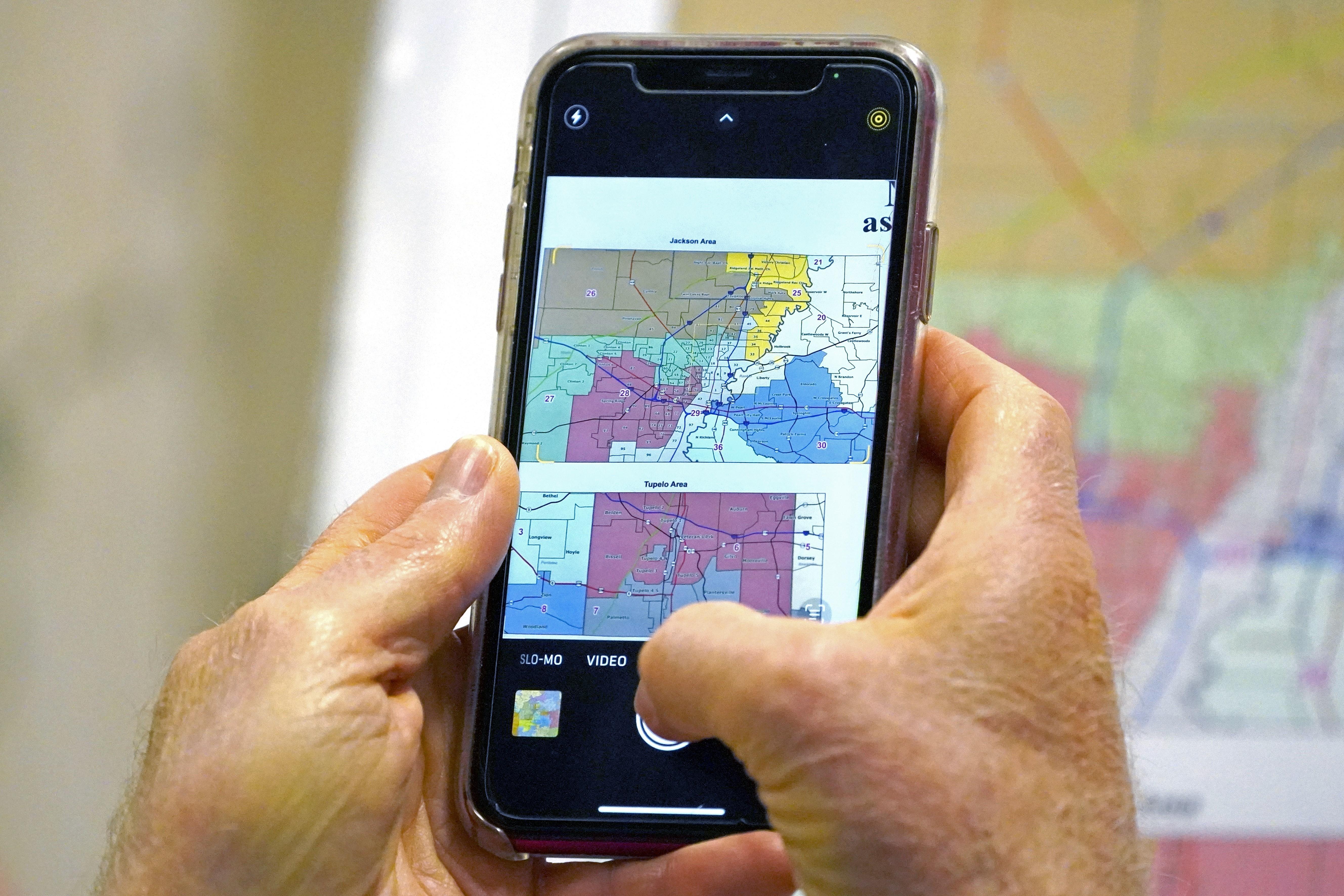“Section two of the Voting Rights Act doesn't just apply to congressional maps,” she said. “It also applies to state legislative maps, and often state legislators are the ones who are responsible for drawing congressional maps and other maps throughout the state, as we see currently in Texas and other states. It also applies to local bodies, so county boards, county commissions, school boards, city councils, all of these localities and jurisdictions that have really, really fundamental day-to-day impact on the lives of Americans.”
Louisiana voters who identify as “non-Black” are suing their state over the legality of a 2024 congressional map that created two majority Black districts.
Lawmakers in the state created the map after the Fifth Circuit Court of Appeals ruled in favor of the plaintiffs in Robinson v. Landry. The appeals court found that the Louisiana Legislature likely violated section 2 of the Voting Rights Act when creating an earlier congressional map, potentially diluting votes for Black voters. The plaintiffs in Louisiana v. Callais argue the new map essentially amounts to racial gerrymandering.
However, in Robinson v. Landry, Black voters in Louisiana argued the state previously diluted their voting strength in violation of section two, making a new map necessary.
“This case is fundamentally about equal representation in the state of Louisiana,” says Rohani. “For years, Louisianians have organized, they've legislated, litigated for the promise of a fair congressional map. Black Louisianians have faced generations of discrimination in political representation and a map with fair and representative districts really signifies a more hopeful direction for both the state and our nation's fundamental promise of democracy.”
Questions raised by conservative Supreme Court Justice Brett Kavanaugh during Wednesday’s arguments suggest the court may rule to limit the 1965 Voting Rights Act, particularly section two - which prohibits racial discrimination in voting practices. Justice Kavanaugh questioned how long race should be considered as a factor when determining redistricting.
“You redistrict Congress and state legislature every 10 years,” says Ari Savitzky, an ACLU senior attorney. “So every time you do a remedy, you redo it every 10 years, and you reevaluate it every ten years. Section two is always based on current conditions. If racial polarization stops, you can't win a section two case anymore.”
Savitzky believes the limitation of section two could have profound impacts for Southern Black voters, including in Mississippi’s second district.
“That's a district that was created due to section two litigation and has been maintained due to section two litigation,” Savitzky said. “Mississippi has the highest percentage black population of any state in the union. It's sort of unfathomable to think that in a state like that, in a state with historic black communities like you have in the Delta, you could have zero representation for black voters.”
Louisiana is urging the Supreme Court to overturn the 1968 Thornburg v. Gingles ruling, which provided frameworks to section two states could use to determine if the voting power of minorities where significant populations were present have been diluted.
“You have to demonstrate, for example, in Louisiana, Black voters voted for specific candidates and White voters did not vote for those candidates, but because of the way the districts were structured, the White majority of votes canceled out the votes of Black voters,” Rohani said.
However, she says she doesn't believe this amounts to partisan favoritism.
“The Voting Rights Act is not a partisan statute,” Rohani said. “It doesn't care about how voters vote. So if the minority population was voting for conservative candidates and the White population was not voting for those same candidates, that would still demonstrate evidence of a section two violation.”
A Mississippi Supreme Court redistricting appeal is on hold until the Supreme Court rules.
“The Mississippi case has been appealed on a specific issue of what's called this private right of action under the Voting Rights Act, which has also been challenged in a North Dakota case that is also currently on appeal at the Supreme Court,” Rohani said. “That was not an issue in the current case, but that would have an impact, which would state that private plaintiffs can no longer even bring these section two cases.”
ACLU senior attorney Savitzky says the context of the Mississippi case may make a new ruling more difficult.
“It's hard for me to believe that the court will say anything that will mean that the legislature shouldn't go ahead and redraw those lines that haven't been touched in 40 years,” he said.
The Supreme Court has until June to issue a ruling for the Callais case.




